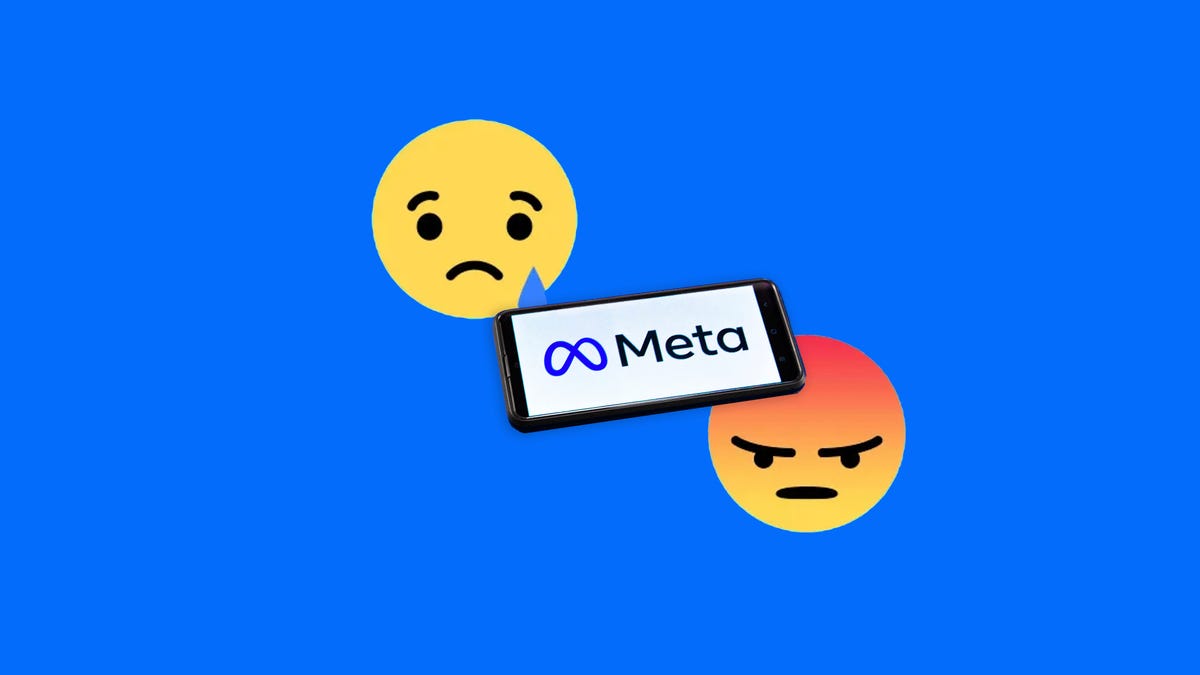FTC Drops Some Claims in Lawsuit to Block Meta's Health App Acquisition
The FTC's antitrust suit against Meta concerns the purchase of Within, the maker of a VR fitness app.

The Federal Trade Commission has backed off some of its claims made against Meta's attempted acquisition of a VR fitness app, but the agency is still continuing its suit to block the purchase.
The FTC amended its charges against Meta, dropping claims that it's in competition with Within, the company that makes the immersive workout app Supernatural, which tracks health data through Apple Watches during sessions. However, the agency maintains that if the acquisition were to go through, there wouldn't be enough competition in the future, effectively giving the social media giant a monopoly on VR fitness, according to Bloomberg on Friday.
Immediately after Facebook's parent company renamed itself Meta a year ago, it sought to acquire Within. Then in July, the FTC formally brought suit to block the acquisition, claiming it would give Meta a monopoly since it also owns the popular workout game Beat Saber.
Meta maintains that the Within acquisition will be good for consumers, developers and the VR industry.
"As we've said since it was filed, the FTC's suit is based on ideology, not evidence," read a Meta statement provided to CNET. "What remains of the FTC's case are speculative claims that continue to lack support in either the facts or the law."
The two sides have shown some compromise already. In August, the FTC removed Meta CEO Mark Zuckerberg as a defendant in the antitrust case after he promised not to personally buy Within.

